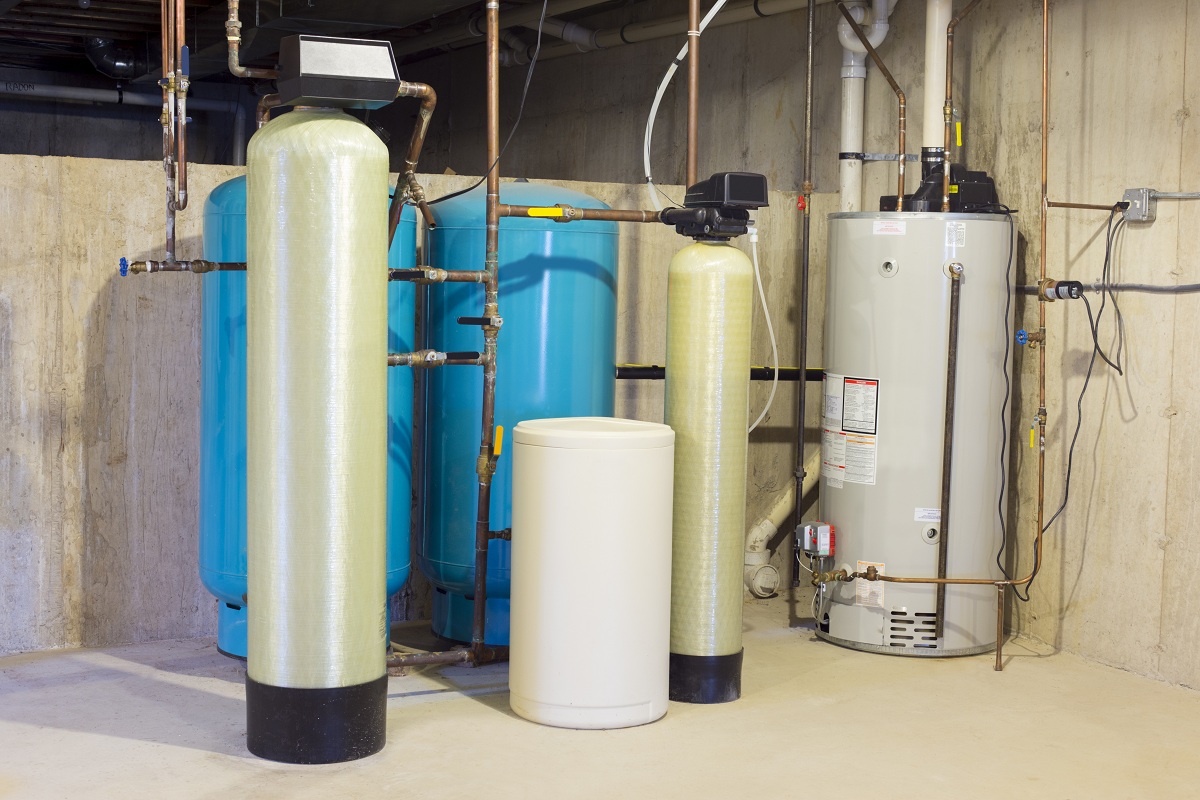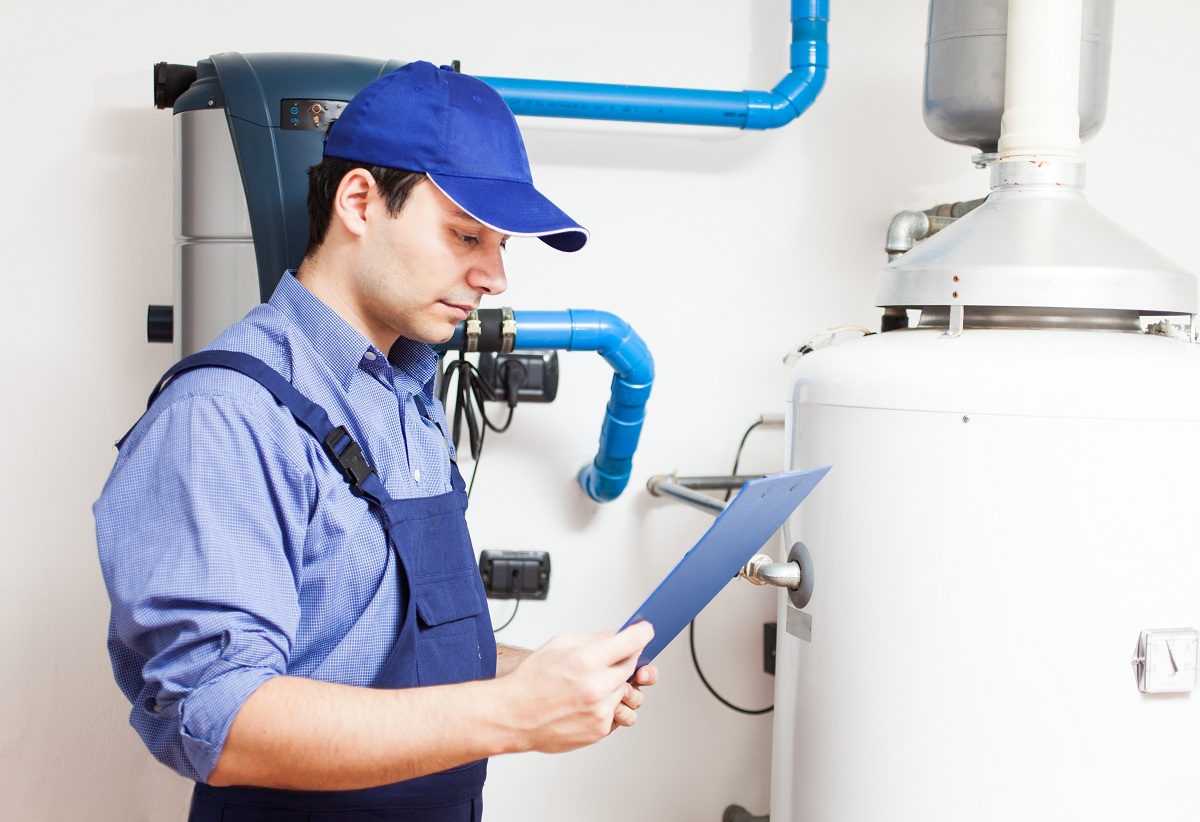
Hard water in homes makes the necessary chores such as dish washing, bathing, and laundry a challenge. Additionally, hard water damages home appliances and put your plumbing systems at risk of developing issues due to the accumulation of minerals found in hard water. Studies reveal that a significant number of homes locally are faced with the challenge of hard water. Besides affecting appliances and plumbing systems, hard water also makes your skin dry and affects your health. Therefore, using water softeners is the best solution for homes that have a hard water supply.
Unfortunately, some homeowners have misconceptions about water softeners, which explain why some people are still using hard water in their homes. These misconceptions have led some people into making the wrong purchase decisions when it comes to water softeners. You ought to learn the truth about the convenience that a water softener in Ogden offers by dispelling the common myths surrounding them.
Water softeners increase the salt content in water
One of the most believed misconceptions about water softeners is that they increase salt content in water instead of removing it. In reality, water softeners soften water by getting rid of the minerals. They use a method that makes use of a medium that is charged with sodium ions. People think that it is salt and believe that water softening entails increasing salt content in water. The truth is that sodium is added to water, and not salt.
Softened water is unhealthy
Water softeners introduce a little sodium into the water to aid in getting rid of the water-hardening minerals. However, the amount of sodium added to the water is not significant enough to cause high blood pressure. Studies reveal that water softeners add an average of 12 grams of sodium into every eight ounces of water in your home. Besides, if you are still concerned about the sodium added in your tap water, you can talk to professionals to use a different technique for taps in your home that are used for drinking.
Water softeners are used for water purification
Unfortunately, people have a misconception that water softeners also purify water. In reality, water softeners are designed to get rid of mineral salts in hard water. Hard water leaves a buildup of limescale on utensils, appliances, and fixtures. The truth is that you require a separate water treatment if you want to make sure that your water is clean and clear.
Water softeners are expensive

Unfortunately, this myth has discouraged several people from installing water softeners in their homes; thus, they suffer the disadvantages of hard water. In reality, you will require an up-front amount to purchase and install water softeners, but the maintenance costs are low. Additionally, the ultimate cost implications of using hard water in the house are higher than the cost of installing a water softener.
Water softeners are a must-have for homes that have hard water. These are some of the most common myths concerning water softeners that you are likely to come across on the Internet or from your friends. Therefore, do not let the misconceptions deter you from investing in this essential unit.
Leave a Reply